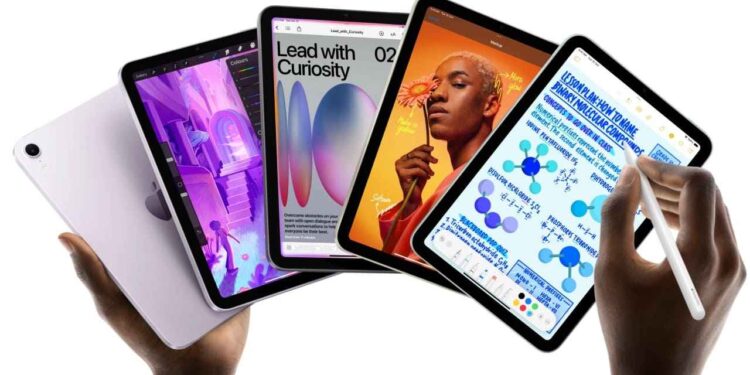The tech landscape was abuzz last week as Apple Inc. unveiled its latest innovation—the updated iPad mini—heralding a new era for the tech giant known for its cutting-edge technology and market-leading products. The reveal, which showcased the integration of advanced artificial intelligence capabilities, positions Apple not just as a contender but as a trailblazer in the AI arena. This strategic move could potentially reshape how consumers interact with technology on a daily basis.
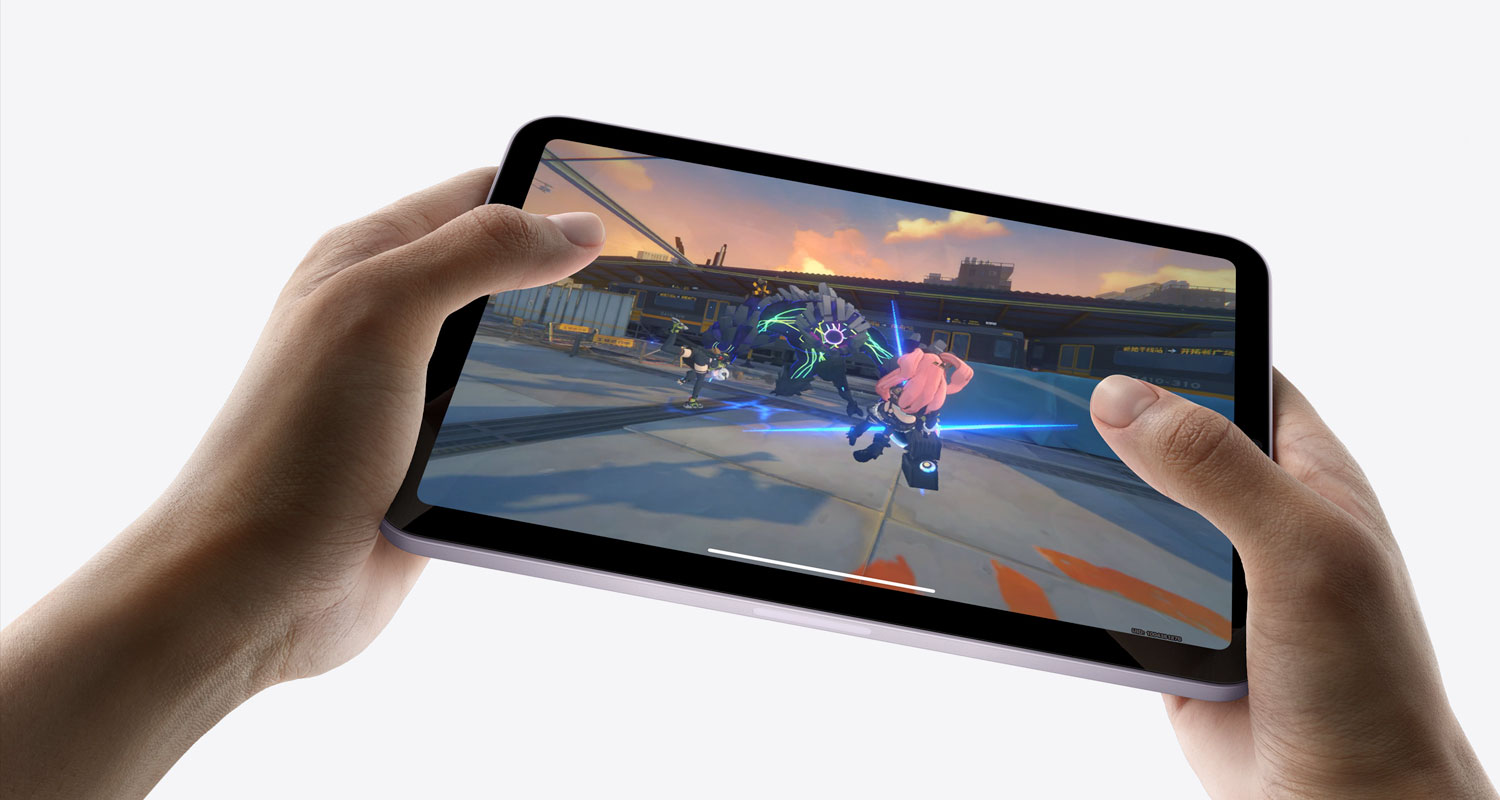
Harnessing AI: The Core of the New iPad Mini
Central to the new iPad mini is the inclusion of the A17 Pro processor, identical to that found in last year’s iPhone 15 Pro line, granting the device substantial computational power. This upgrade is not merely about boosting processing speed but is a clear indicator of Apple’s commitment to embedding AI deeply into its ecosystem. Despite the iPad mini’s compact size, its capabilities are vast, aimed at leveraging the newly introduced Apple Intelligence platform to deliver a more intuitive and responsive user experience.
Interestingly, Apple’s approach to marketing the new iPad mini mirrors strategies previously employed for the iPhone 16, emphasizing AI features prominently. However, potential users might have to wait a bit longer for the full experience, as the Apple Intelligence suite is set to launch a few days post the iPad’s release, requiring an at-home software update.
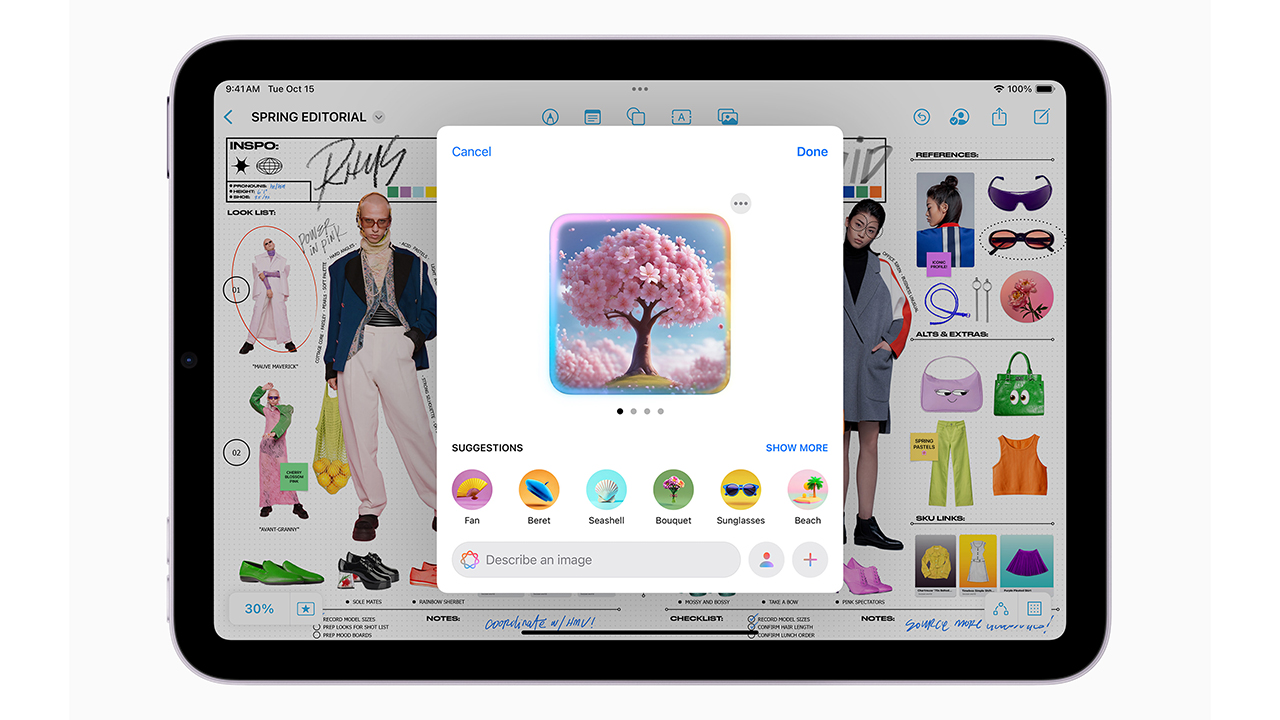
The Evolution of Apple’s AI: Catching Up or Leading?
Despite the initial excitement, Apple’s journey in the AI domain has not been without its challenges. Compared to giants like Google, OpenAI, and Meta Platforms Inc., Apple’s offerings initially seemed to lag. Internal studies within Apple, as per sources, indicate that OpenAI’s ChatGPT outperformed Apple’s Siri by 25% in accuracy and was able to handle 30% more queries effectively. Yet, the belief within Apple circles is that their AI technology is gradually closing the gap, trailing industry leaders by around two years.
The gradual rollout of AI features across Apple’s product line—including upcoming updates for the M4 Macs—illustrates a strategic deployment of resources aimed at accelerating AI functionalities across devices. This extensive integration suggests a future where Apple’s AI could become as ubiquitous as its operating system, providing a seamless user experience across all devices.
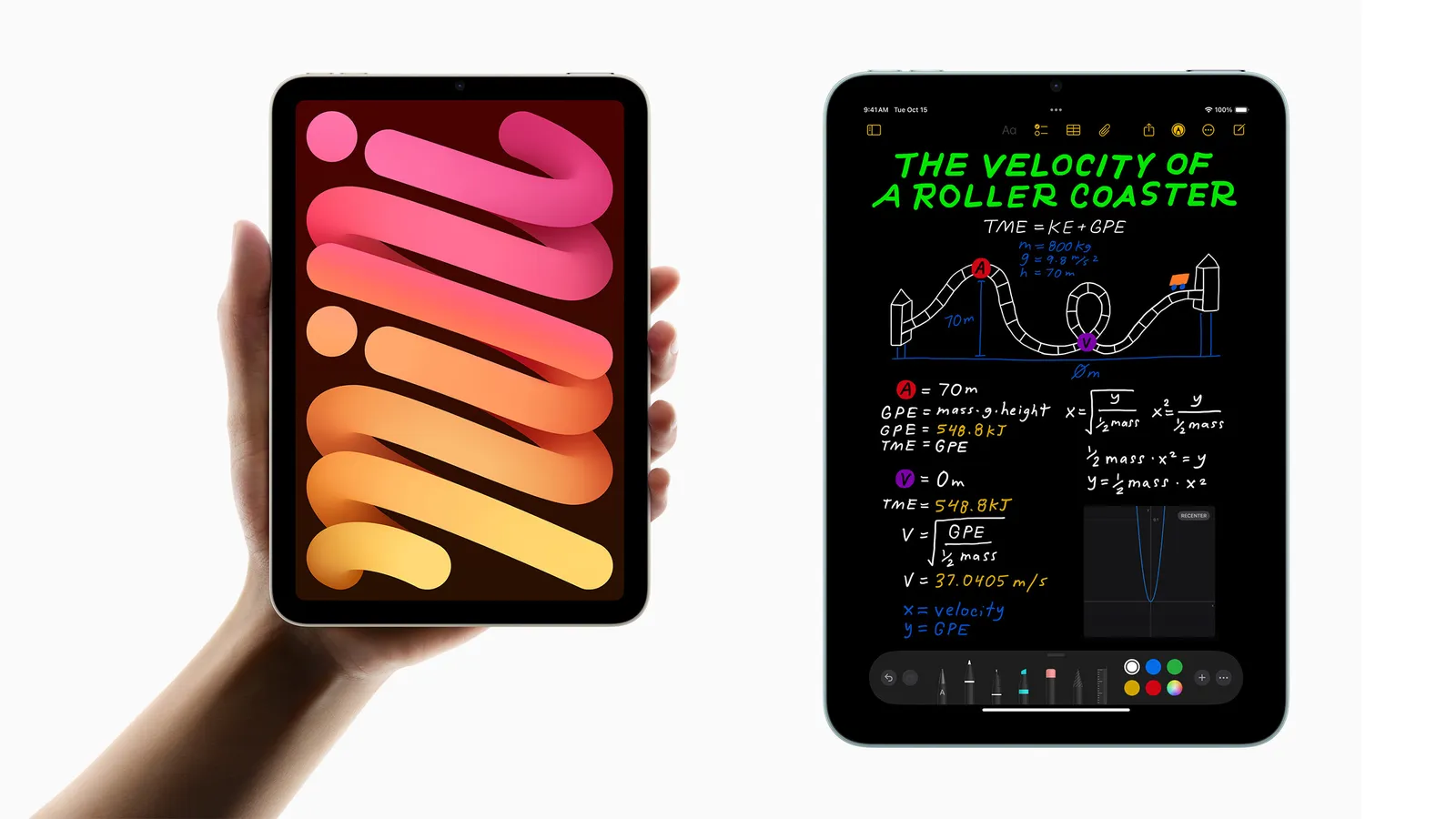
The Big Picture: AI in the Consumer Space
As Apple continues to push the boundaries of what its devices can achieve with AI, the broader question remains about consumer interest and acceptance. While the tech community may be riveted by AI’s possibilities, the average consumer’s decision to purchase might still hinge on more tangible features, such as camera enhancements and overall device performance.
However, Apple’s focus on AI is not without its merits. The company has been successful in convincing a critical audience—investors—of its prowess in AI. This is reflected in the company’s soaring stock prices, reaching record highs and pushing Apple’s market valuation to an impressive $3.6 trillion, largely fueled by AI-driven excitement.
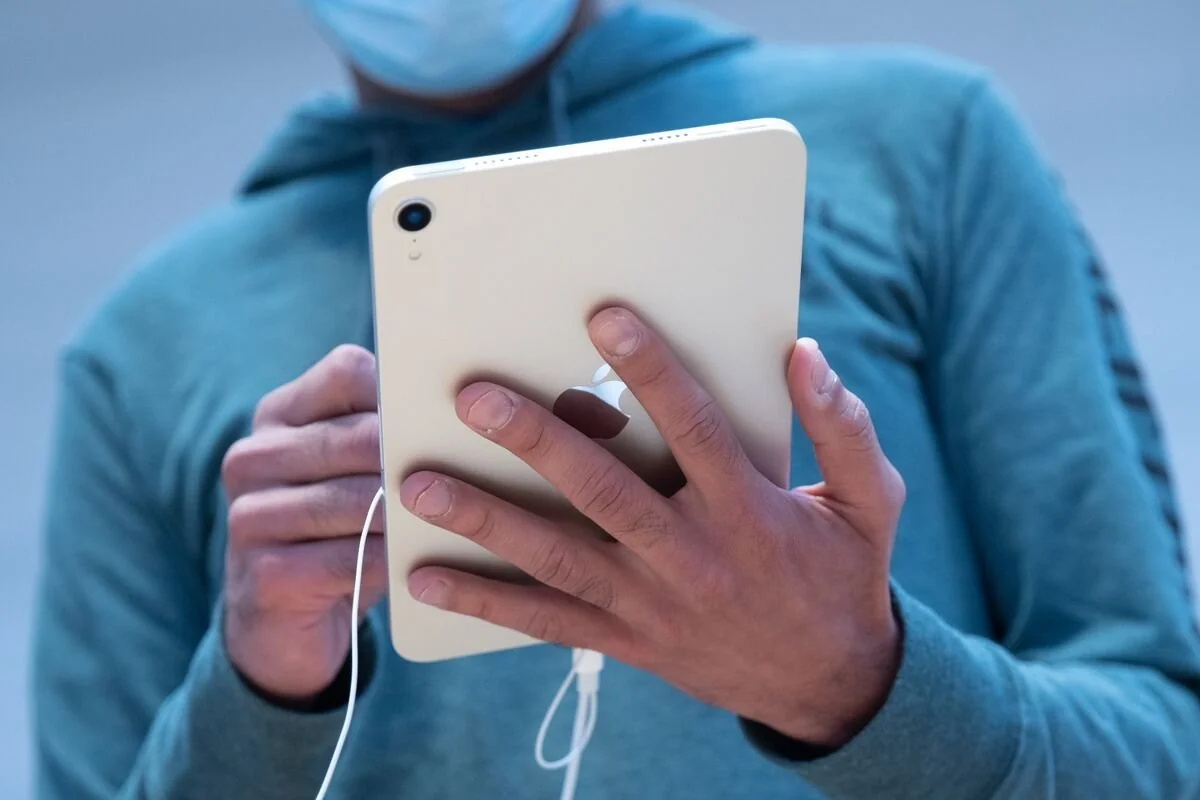
Apple’s latest updates to the iPad mini and its broader AI strategy reflect a clear vision for the future—a future where AI is not just a feature but a foundational element of the user experience. While there may be challenges and scepticism about the pace of AI development at Apple, the company’s ability to integrate these capabilities across its product lineup suggests a robust roadmap that could very well define the next big leap in consumer technology. In a market driven by innovation and new capabilities, Apple’s bet on AI could either be a game-changer or a steep learning curve. Either way, it remains a key player to watch as it navigates the complex terrain of artificial intelligence in consumer tech.

